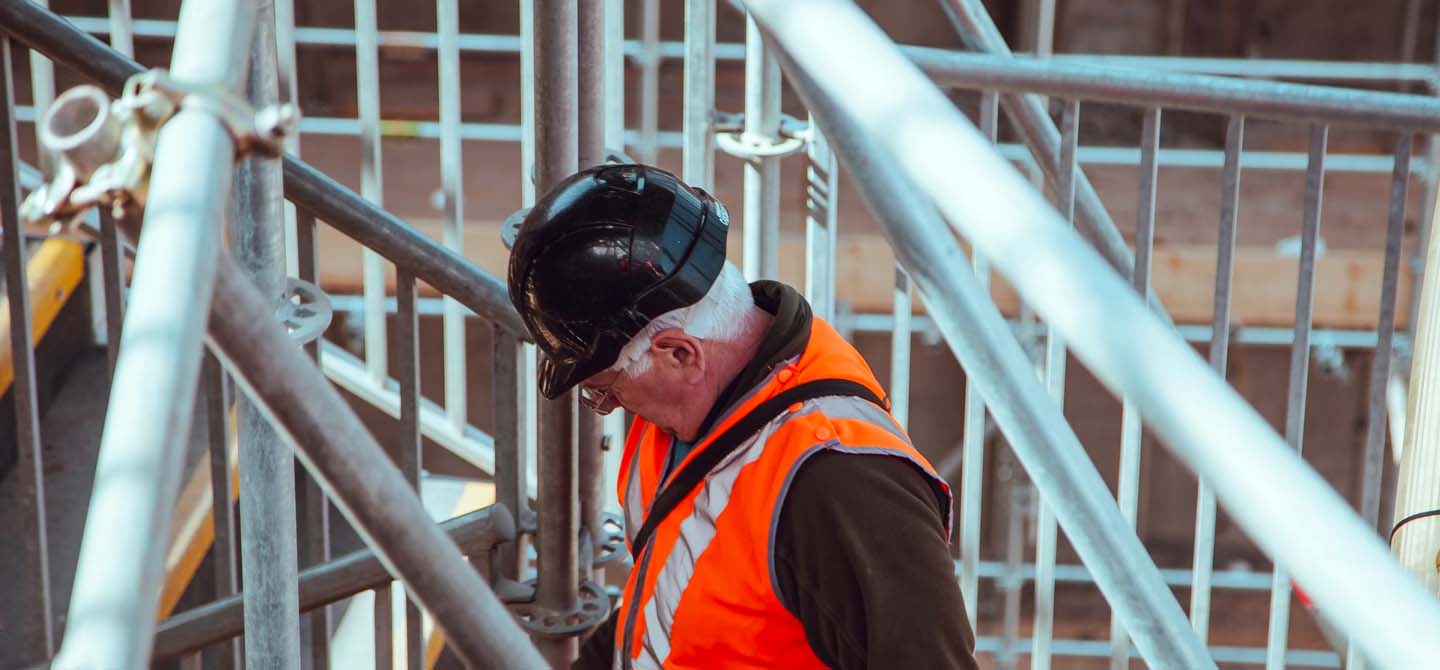Menu
Yes – an unpaid debt can in certain circumstances be recovered by a Subcontractor from the Owner.
Essentially, when the builder engages a subcontractor to perform work on the site such as tiling, painting, plumbing and carpeting, the agreements to perform these works are usually between the head contractor and the subcontractor. The owner is only in contract with the builder (head contractor).
However, the Contractor’s Debt Act provides a mechanism for unpaid persons (usually subcontractors) in certain circumstances to recover unpaid debt from the owner, usually payable by the head contractor. Therefore, allowing the unpaid individual to go “up the chain” so to speak and recoup from the principal that is receiving the benefit of the work.
Under what circumstances?
Pursuant to Section 5, the unpaid person can only obtain payment from the owner if the work carried out or materials supplied by them are, or are part of or incidental to, the work or materials that the Owner engaged the defaulting contractor to carry out or supply.
Additionally, the ability of the unpaid person to recover from the owner is dependent upon what money is payable to the defaulting contractor and whether the owner has paid the defaulting contractor. Where the owner is not owing money to the defaulting contractor then they are not liable for the unpaid debt by the subcontractor. The defaulting contractor typically being the head contracting builder.
These are the only circumstances, under this Act, where an unpaid debt can be recovered from the owner.
Two-step Procedure
For an unpaid person to recover debt from from the Owner, there is a two step procedure that must be complied with.
1. Debt Certificate
Firstly, a debt certificate must have been issued for the money owed. The debt certificate is issued by the court, meaning proceedings relating to the recovery of money owed must be brought to the court in order to obtain a judgement that certifies the debt.
2. Service of Notice
Secondly, the unpaid person must serve a notice of claim on the Owner. Serving the notice of claim upon the Owner operates as assignment of debt. Thus, the debt is transferred to the owner where they are obligated to pay the owed money limited to the amount expressed in the certificate of debt. After seven days of serving the notice, the amount becomes payable by the owner.
Refusal to Pay
The Owner can, on certain grounds, appropriately refuse to pay. Whatever defences that would have been available to the principal against the defaulting contractor are also available against the unpaid person. These defences may be:
- The owner is not owing any money to the defaulting contractor at the time or after service of the notice of claim. However, the defence will fail if the owner continues to make payments to the defaulting contractor after receipt of the notice of claim.
- The defaulting contractor’s work is defective giving rise to a reduction in the amount payable to the defaulting contractor by the owner.
- The defaulting contractor owes money to the principal.
If one of these defences are established, the debt may not be assigned to the owner. Otherwise, if these defences are not available but the owner refuses to pay then the unpaid person can commence proceedings against them for the recovery of the debt. There is no contracting out of this legislation, thus, any clause seeking to exclude these provisions will be void.
Key Takeaways…
The Act allows an unpaid person, usually a subcontractor, who is owed money for work performed or materials supplied to the defaulting contractor to be paid by the owner. However, the unpaid work being claimed must be work that the principal engaged the defaulting contractor to perform. And the defaulting contractor must have not been paid yet by the owner.
Otherwise, where the circumstances allow for the unpaid debt to be recovered from the owner then the two step procedure must be complied with.
If you would like to speak with our construction lawyers, just contact us via 1300 337 997 or by filling out the contact form.



